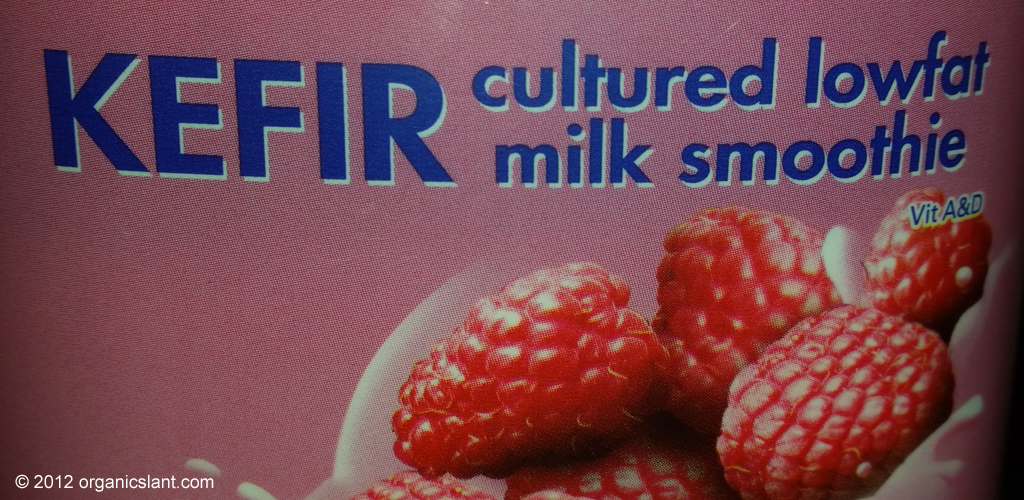The friendly bacteria that live in our guts are essential for good health. What do these beneficial bugs do?
Probiotics are the opposite of antibiotics, which kill bacteria. (There are trillions of them, outnumbering the cells in our body 10-to-1.) They help prevent colitis-related colon cancer, protect you from food poisoning, strengthen the immune system, ward off allergies and colds, ease eczema, stop diarrhea and irritable-bowel syndrome, protect against heart attacks, increase longevity and may even decrease depression and other mood-related disorders.
In addition, probiotics aid digestion by breaking down sugars — called polysaccharides — and amino acids in proteins. Some of the bacteria even produce vitamins and act as anti-inflammatories, reducing the risk of everything from arthritis to clogged arteries.
Of course, any rounds of pharmaceutical antibiotics demand an even stronger course of probiotics.
Stress, GMOs, and other toxins that abound and surround also disturb the delicate balance of probiotic intestinal flora. Probiotic “friendly bacteria” are vital to more than digestion. They also are involved with activating killer cells in other parts of the body. In other words, they’re 60 to 80 percent of our total immune system.
Then there’s the recently explored gut-brain connection that affects our intellects, moods, and behavior. Dr. Natasha Campbell-McBride uses diet to create friendly bacteria and promote the intestinal flora balance in her UK clinic that successfully cures young children with neurological problems.
She even cured her son from autism with her dietary approach. She explains all in her book GAPS: Gut and Psychology Syndrome.
Eat probiotic-rich foods and taking supplements
1. Healthy gut bacteria — even if you take supplements and eat yogurt — depend on your overall diet to supply what they need to thrive. That includes plenty of fiber from veggies, 100 percent whole grains, fruit, and a well-balanced mix of vitamins and other nutrients. Too many of one (like the B vitamin choline) can keep the bugs from doing their good work.
2. Yogurt and other cultured foods deliver billions of bifidobacterium, streptococcus thermophilus and lactobacillus (particularly acidophilus), but they hardly dent the trillions already there. The bugs you eat do help digestion, but don’t change the overall composition of your intestinal bacteria colony; stop eating the yogurt, and the bacteria it delivers go away after about two weeks.
3. Daily supplements that can make it through the stomach acid to your guts. The spore-containing Digestive Advantage (now combined with the company’s brand Sustenex) contains bacillus coagulans GBI-30, 6086, and Culturelle has lactobacillus GG, which is activated by stomach acid.
Make your own milk and/or water kefir
Homemade milk kefir is emerging as a grass roots movement. Even using organic pasteurized milk for making kefir has benefited some. But if you can get your hands on grass fed raw milk, the benefits are greater
Lactose intolerance fades among many who switch to raw milk, and sometimes kefir made from pasteurized milk works that way too. Goat’s milk may be easier to get raw or unpasteurized. Either way, you’ll need “starter grains” to start the fermentation process.
You can check online for videos on how to use starter grains and also locate starter grain sources. If you know what you’re doing, local Weston A. Price Foundation chapters may help you get fresh starter grains (https://www.westonaprice.org/local-chapters/find-a-local-chapter).
A good start for starter grains with complete instructions can be found here: https://kefirlady.com/. You can email the kefir lady at marilynjarz@gmail.com.
Milk or water kefirs process starter grains completely within 36 hours. Kefir grains for milk or water have a way of multiplying so that if you manage them well, the initial grain batch will carry over generationally for many months.
The lactose in milk helps the grains ferment. Water kefir is perfect for vegans. With water starter grains, you have to add sugar. Again, search the internet for water kefir starter grains and videos.
A raw form of sugar is recommended. Avoid tap water. The grains’ bacteria production is nullified by chlorine and fluorides. You can get reverse osmosis filtered water from machines at any health food store.
Fermenting food
Fermentation foodie expert Sander Katz recommends making sauerkraut as your first homemade fermented solid food. Simply chop up a fresh organic cabbage with maybe a few carrots or other veggies added.
Place into a bowl, add unrefined sea salt according to your discretion and a little purified water, not too much, and mix. Place contents into canning or mason jars. Push the contents down to eliminate air bubbles and ensure veggies are completely covered.
Screw on the lids and place into your refrigerator. Check daily and unscrew the lids just enough to release fermentation gas pressures. After three to five days, you can enjoy your sauerkraut.
There are other foods that can be fermented. Making yogurt is beyond the scope of this article. Kefirs are easier and better.

 Shocking Glyphosate Levels in Popular Bread: Florida’s Eye-Opening Food Testing Report
Shocking Glyphosate Levels in Popular Bread: Florida’s Eye-Opening Food Testing Report Blood Sugar Stability the Organic Way: Low-Glycemic Foods and Meal Ideas
Blood Sugar Stability the Organic Way: Low-Glycemic Foods and Meal Ideas Gut Health Heroes: Best Organic Prebiotic and Probiotic Foods for Better Digestion
Gut Health Heroes: Best Organic Prebiotic and Probiotic Foods for Better Digestion Honey as an antibiotic: Scientists identify a secret ingredient in honey that kills bacteria
Honey as an antibiotic: Scientists identify a secret ingredient in honey that kills bacteria